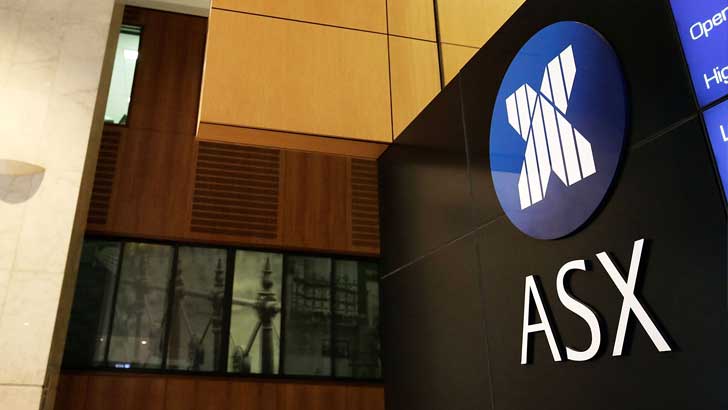How COVID-19 has change the Australian sharemarket
By Dale Gillham
Since the start of the COVID-19 pandemic almost 18 months ago, many areas of our lives have changed.
There have also been significant changes in regards to industry and how we do business, which has had a direct correlation on the stock market. So, I thought we would investigate the fastest growing industries in 2021 to see what changes are occurring and where opportunities may lie in the future.
Research by IBIS World about the 10 fastest growing industries in Australia by revenue growth reveals some quite interesting results. Number one on the list is rice growing, which is up 403% followed by cotton growing up 240% while Telehealth is up 169%.
Of the top 10, 50% are related to primary production or wholesaling of various grains together with cotton. Four of the top 10 are involved in online retail sales with online grocery sales at number 6 up 47% while home furnishing sales is at number 8 and, surprisingly, men's clothing is at number nine and is up 33%.
This could imply that until recently men preferred to visit a store rather than buy online, which makes sense given that men tend to be destination shoppers. Rounding out the list at number ten is baby products with sales up 29%.
So how does this relate to the Australian stock market?
Almost 50% of the top 10 either grow or sell grains, therefore, companies such as Graincorp may be benefiting from the surge in revenue growth, as might Elders whose agribusiness provides services to the wider farming community.
In regards to online shopping for home furnishings, we have listed stocks such as Temple and Webster, Beacon Lighting, Fantastic Furniture together with the big brands like Myer, David Jones and Harvey Norman. When looking at men's clothing, there are many listed companies that now provide online ordering and I am sure I do not need to remind parents about Baby Bunting, which is also listed on the ASX.
While I am not suggesting that investors should rush out and buy these companies right now, the research is showing that these stocks are benefiting from the changed economic climate.
So, while everyone needs to do their own research as to how each company is benefiting and the likely outcome in terms of share price growth, the research does tell us where to start looking.
Best and worst performing sectors
The best-performing sectors this week include Information technology up more than 11% followed by Consumer Staples, Financials, Utilities and Consumer Discretionary, which are all up more than 2%.
The worst performing sectors include Materials down around 1% followed by Industrials and Energy, which are both just in the red for the week.
The best performers in the ASX/S&P top 100 stocks include Afterpay, which is up nearly 30% on news of a takeover by US company Square. This is followed by Xero, Domino's and Wisetech, which are all up more than 6%.
The worst-performing stocks include Fortescue Metals down more than 6% followed by Mineral Resources down more than 5%, while Oz Minerals and Qantas are both down around 3%.
What's next for the Australian sharemarket
On Monday, the Australian stock market rose strongly on the back of the takeover announcement of Afterpay with the trading range for the day the largest we have seen since the first few weeks of 2021.
But as we have seen time and time again, the market failed to continue to push higher and was subdued over the remainder of the week. So, while the market is up around 1.5% for the week, nearly all of this gain occurred on Monday.
Right now, the market is bullish and I believe it will continue to push towards 8000 points. That said, as has been demonstrated many times in the last year or so, the market does have a mind of its own.
Therefore, I continue to urge investors to exercise caution and not to chase shadows, as I am seeing many try to profit from stocks that have already made strong gains believing they will achieve a similar return in the future. The truth is that you cannot buy yesterday's returns, so make sure you invest wisely for tomorrow's returns.
Get stories like this in our newsletters.



